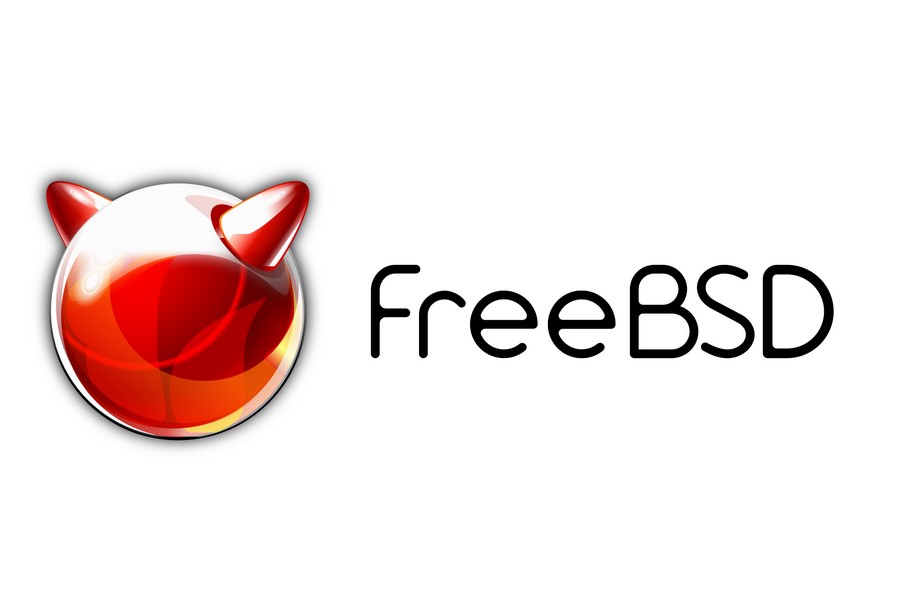
What is Linux BSD?
Linux and the BSDs are both Unix-like operating systems. BSD stands for “Berkeley Software Distribution,” as it was originally a set of modifications to Bell Unix created at the University of California, Berkeley. It eventually grew into a complete operating system and now there are multiple different BSDs.
Berkeley Software Distribution
Seriously, BSD is an acronym for 'Berkeley Software Distribution', which is the name the Berkeley CSRG (Computer Systems Research Group) chose for their Unix distribution way back when. Frequently Asked Questions for FreeBSD 2.
The OpenBSD operating system focuses on security and the development of security features. According to author Michael W. Lucas, OpenBSD "is widely regarded as the most secure operating system available anywhere, under any licensing terms."
OpenBSD is viewed as the most secure OS in the world by many administrators. FreeBSD focuses more on generally using as a personal computer. There are much more software packages for FreeBSD than OpenBSD. FreeBSD ports almost contains all the popular software packages on Linux.
BSD is usually used for servers, especially those located in a DMZ like webservers or email servers. BSD is extremely safe and secure, even by POSIX standards, so most people use it in applications where security is essential. freeBSD and PC-BSD all have fairly slick ui's and are fairly mature as client machines...
FreeBSD Installation Guide
- First, get the latest FreeBSD CD 1 ISO image released from FreeBSD download page and burn it to a CD. ...
- On the next screen select Install option and press [Enter] to continue. ...
- Select your keyboard layout from the list and press [Enter] to move forward with the installation process.
The main reason why we prefer FreeBSD over Linux is performance. FreeBSD feels significantly faster and more responsive than the several major Linux distros (including Red Hat Fedora, Gentoo, Debian, and Ubuntu) we've tested on the same hardware. ... Those are enough to make us choose FreeBSD over Linux.

